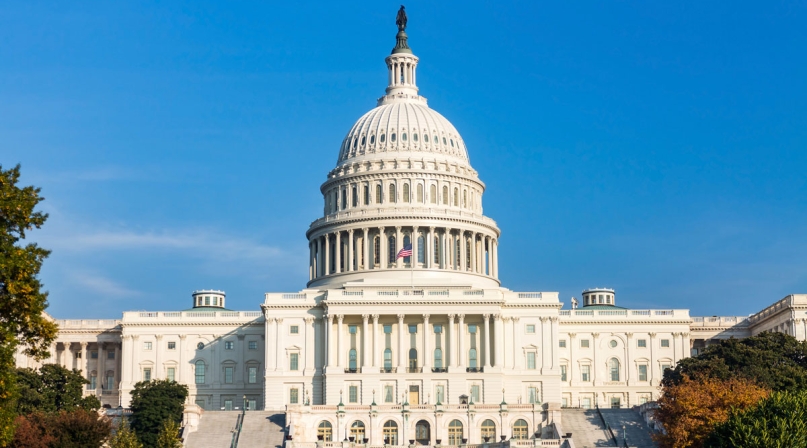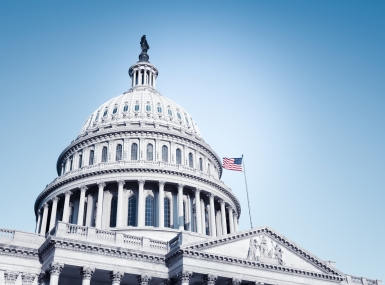Lawmakers introduce bipartisan Foster Care Tax Credit Act
Author

Julia Cortina

Kevin Moore
Upcoming Events
Related News

Key Takeaways
On March 27, Reps. Erin Houchin (R-Ind.) and Julie Johnson (D-Texas) introduced the Foster Care Tax Credit Act (H.R. 2438), which would create a refundable tax credit for families that care for a child for six months or less and are, as a result, ineligible for the child tax credit. Eligible taxpayers would receive an income-based tax credit of up to $850 per taxable year for the care of a qualifying foster child. NACo previously supported this legislation and continues to advocate for its passage to reduce burdens on county-administered child welfare systems.
How will this impact counties?
- County governments are responsible for administering child welfare services in California, Colorado, Minnesota, New York, North Carolina, North Dakota, Ohio, Pennsylvania and Virginia, and share administration responsibilities with state governments in Nevada and Wisconsin.
- A foster care tax credit would provide critical financial relief to short-term foster families, particularly in these 11 states where counties play a direct role in child welfare administration, but there is a shortage of licensed foster homes.
- In some states, there are more than twice as many children in foster care as there are available foster homes, making it increasingly difficult to secure appropriate placements, especially for youth with complex behavioral, developmental and mental health needs.
- A tax credit for short-term foster parents could help expand the pool of available foster homes, alleviating the current placement crisis and leading to better placement stability for counties by reducing our reliance on costly emergency interventions, improving outcomes for children in care.
Resource
County Policy Priorities for Transforming the Child Welfare System

Related News

U.S. Department of Health and Human Services announces major restructuring
On March 27, the U.S. Department of Health and Human Services (HHS) announced a sweeping reorganization that will consolidate agencies, shift key programs under a new framework and eliminate thousands of positions. This change brings HHS in line with President Trump's Executive Order, “Implementing the President’s ‘Department of Government Efficiency’ Workforce Optimization Initiative.”

U.S. Department of Health and Human Services moves to reduce public comment in rulemaking
On February 28, the U.S. Department of Health and Human Services (HHS) announced a policy change limiting public comment opportunities to only those required by law. Published in the Federal Register on March 3, the decision rescinds the “Richardson Waiver,” a 1971 directive from then-HHS Secretary Elliot Richardson that encouraged broader public input on regulations related to public benefits, grants and healthcare policies.

U.S. Congress begins work on budget reconciliation process: What this means for counties
The House and Senate Budget Committees have marked up Fiscal Year (FY) 2025 budget resolutions to initiate the budget reconciliation process to enact policy priorities without garnering bipartisan support, although the two chambers differ in their approach to drafting the legislation.